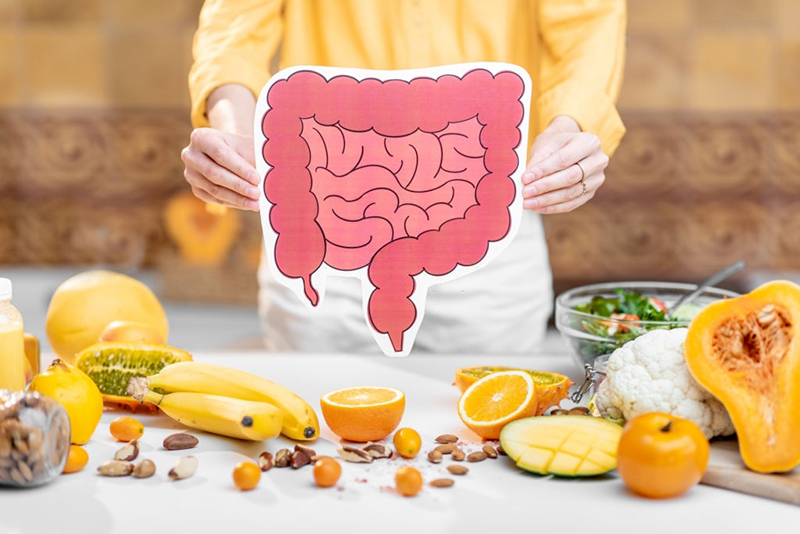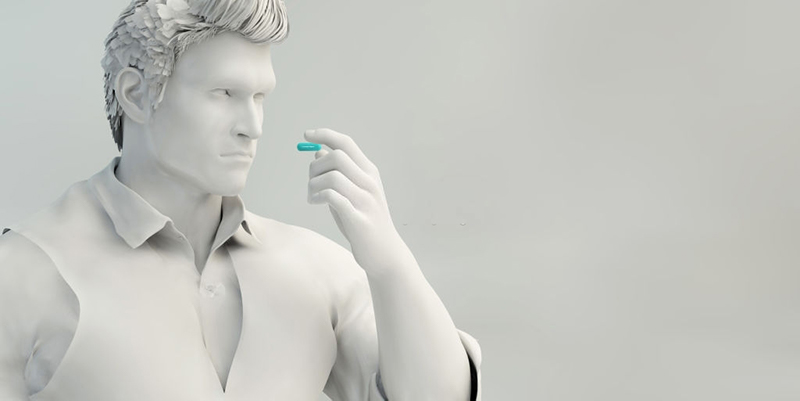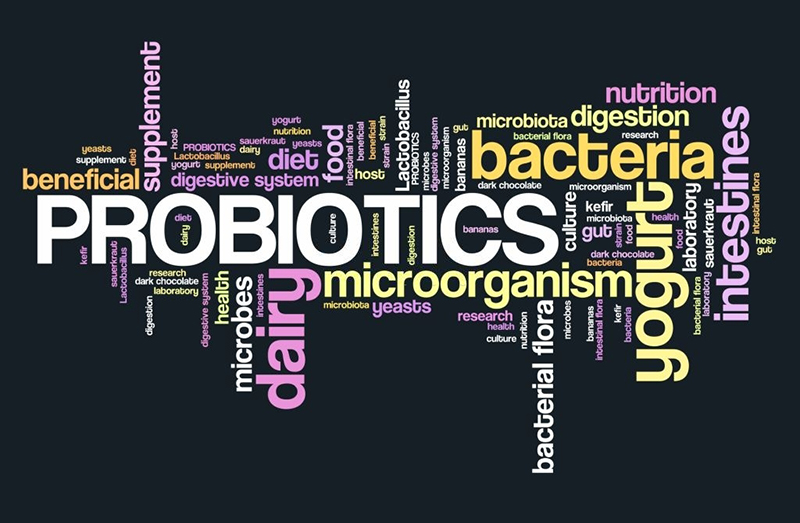Probiotics are beneficial bacteria and yeast strains. Taking probiotics has a number of advantages, but it can also have negative consequences.
We’ll go over what probiotics are, how they help with health, and how to take them safely in this post. probioticseverything.com probiotic effects
What are probiotics, exactly?
The gut is home to trillions of bacteria and other creatures. The gut microbiota is the term used by scientists to describe the community of gut-dwelling organisms.
According to ResearchTrusted Source, this microbiota is vital for digestion and gut health, as well as strengthening the immune system. probioticseverything.com probiotic effects
Some bacteria are beneficial to humans, while others are harmful. Disturbance of the gut’s normal bacterial balance can lead to digestive disorders, infections, and other problems.
Consuming probiotics, according to studies, can give more beneficial bacteria, which may help restore the gut microbiota’s equilibrium.
Probiotics can be found in yogurts, vitamins, and fermented foods including kefir, sauerkraut, and tempeh. probioticseverything.com probiotic effects
Bifidobacterium and Lactobacillus bacteria species are the most commonTrusted Source probiotics added to commercial goods.
Online, you may buy a variety of probiotic pills and yogurts.

Probiotics have a lot of advantages.
Probiotics, according to ResearchTrusted Source, may help treat gastrointestinal diseases such as irritable bowel syndrome (IBS) and inflammatory bowel disease (IBD) (IBD).
Probiotics are commonly used to treat episodes of diarrhea and constipation.
Probiotics have also been shown to aid with the following conditions:
eczema
obesity
insulin resistance
type 2 diabetes
nonalcoholic fatty liver disease
improving immune system function
Side effects that may occur
Taking probiotics has a number of advantages, but it also has a number of drawbacks, including:
- Symptoms of the digestive system
Some people experience gas, bloating, or diarrhea when they first start taking probiotics. Changes in the microbiota of the gut might cause bacteria to produce more gas than usual, causing bloating. probioticseverything.com probiotic effects
These negative effects, on the other hand, normally go away after a few days or weeks of using probiotics. If the symptoms don’t go away, see a doctor to find out what’s causing them. The doctor may advise switching to a different probiotic in some circumstances.
- Problems with the skin
Probiotics can cause rashes or itching on the skin in rare situations.
Authors of a review published in 2018
Two study participants who used probiotics to treat IBS noticed an itchy rash as a side effect, according to Trusted Source. As a result, one person dropped out of the study.
Stop using the probiotic if you get a rash or severe itching. Check the product labeling for allergies, and contact a doctor if the rash is severe, persistent, or comes with other troubling symptoms. probioticseverything.com probiotic effects
After the rash has gone away, a person can try a different probiotic supplement or strain.
- Allergy danger
When it comes to probiotics, anyone with a gluten, soy, egg, dairy, or lactose allergy or intolerance should be cautious. probioticseverything.com probiotic effects
Always examine the contents list before taking any supplement to make sure there’s no chance of an allergic response. Probiotics that are devoid of allergens are available from some producers.
Anyone who is suffering allergic reaction symptoms should cease using the probiotic right away. If the reaction is severe, get medical help. probioticseverything.com probiotic effects
- Infection risk is higher.
Despite the fact that probiotics are generally harmless, findings from a 2017 reviewTrusted Source show that children and people with severe diseases or impaired immune systems should avoid taking them. Probiotic use has resulted in bacterial or fungal infections in some patients with these disorders. probioticseverything.com probiotic effects
Before taking probiotics, a person should consult their doctor if they have a condition that affects their immune system.
Also, before taking probiotics, anyone taking antifungal medication should wait until the illness has cleared up. probioticseverything.com
- Antibiotic resistance is a serious problem.
Antibiotic-resistant genes can occasionally be found in probiotic microorganisms. They have the ability to transfer these genes on to other bacterium strains, including those that cause illnesses.
Manufacturers, on the other hand, test commercial probiotics for antibiotic resistance on a regular basis. Always get probiotics from trustworthy, trusted manufacturers to avoid swallowing antibiotic-resistant microorganisms.

Probiotics: How to Take Them Safely
There is little evidence that a person can take too much probiotics. Always read the label carefully and follow the manufacturer’s dosing recommendations.
The right dosage depends on a person’s health and the sort of probiotic supplement they’re using.
Consider lowering the dosage or stopping taking a probiotic if it creates any negative effects or symptoms.

